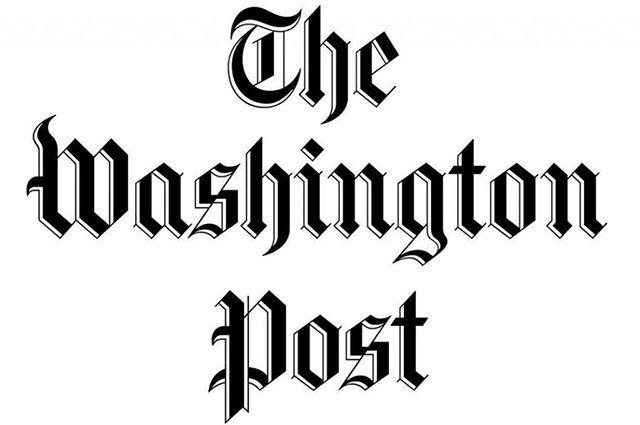-

Hear from Professor Monica Toft
Learn how Professor Monica Toft is shaping the study of global affairs and diplomacy at Fletcher.
Hear from Prof. Toft -

Explore Fletcher academics in action
Fletcher Features offers insights, innovation, stories and expertise by scholars.
Get global insights -
Get application tips right from the source
Learn tips, tricks, and behind-the-scenes insights on applying to Fletcher from our admissions counselors.
Hear from Admissions -

Research that the world is talking about
Stay up to date on the latest research, innovation, and thought leadership from our newsroom.
Stay informed -
Meet Fletcherites and their stories
Get to know our vibrant community through news stories highlighting faculty, students, and alumni.
Meet Fletcherites -

Forge your future after Fletcher
Watch to see how Fletcher prepares global thinkers for success across industries.
See the impact -

Global insights and expertise, on demand.
Need a global affairs expert for a timely and insightful take? Fletcher faculty are available for media inquiries.
Get in Touch
We learned from the financial crisis. We can learn from the pandemic.
The 2014 book “The System Worked: How the World Stopped Another Great Depression,” by Fletcher’s Daniel Drezner, is cited in a Washington Post op-ed.

We are now nearly a year and a half into the pandemic. Enough time has passed to start looking back and drawing lessons, especially when comparing it with the last great jolt to the international system — the global financial crisis. Did we learn any lessons from 2008? Have we handled this one any better?
At first glance, the comparison would seem to favor the present. About 18 months into the 2008 crisis — say, by the middle of 2009 — U.S. unemployment was climbing to its highest numbers in decades, the stock market was struggling back from one of its worst collapses in history, and housing foreclosures were spiraling to their worst levels ever.
By contrast, with half the population vaccinated today, the U.S. economy is roaring. Growth rates rival the Reagan boom. The stock market is at new highs. Even wages show signs of rising. While the United States is doing better than most, the other major industrial countries are also on the road to recovery. The chief reason is everyone learned the lesson of 2008: During systemic collapses, governments need to go big and fast, spending money and providing liquidity. The voices of austerity in the United States and Europe — extremely powerful during the 2008 crisis — have been largely silent this time around.
That is where the good news ends. Back in 2008, policymakers quickly recognized the need for fundamental change. The financial system was risky, poorly regulated and unstable. In 2010, Congress enacted sweeping reforms to banks — higher capital requirements, lower leverage, less speculation, stress tests — all of which the banks lobbied hard against. But the banks were wrong. During this pandemic, the financial system has performed well — a testament to those reforms. Despite the near-shutdown of the global economy in 2020, banks almost everywhere weathered the storm. That is because central banks supported them but also because they were well capitalized and more tightly regulated.
Yet, during the current crisis, despite our many failures in fighting the disease, we are talking very little about reforms. Early on during the pandemic we watched as governments in many countries failed on basic public health functions, such as testing, tracing, quarantining and clear public communication. Some learned and recovered, but many have simply been saved by the early arrival of vaccines. Almost none have begun to ask how to genuinely reorganize their health-care bureaucracies, to learn from countries that got it right, and to put in place new policies, procedures and frameworks to ensure better performance during the next pandemic — which will surely come.
The divergence between the last crisis and this one has been most stark on the global level. As Daniel Drezner, a professor of international politics at Tufts University, wrote in his book “The System Worked,” people used to think of global governance the way Woody Allen joked about food at Catskills resorts: so bad and, yet, such small portions! In fact, as Drezner documents, global governance functioned surprisingly well during the financial crisis. Countries cooperated, central banks worked together and a downward spiral was averted. He notes that even China was remarkably willing to go along with major international initiatives. Washington played the central role, nudging countries to get in line but also acting in ways that helped others. The economic historian Adam Tooze points out that about half of all the liquidity provided by the Federal Reserve was used by European banks.

